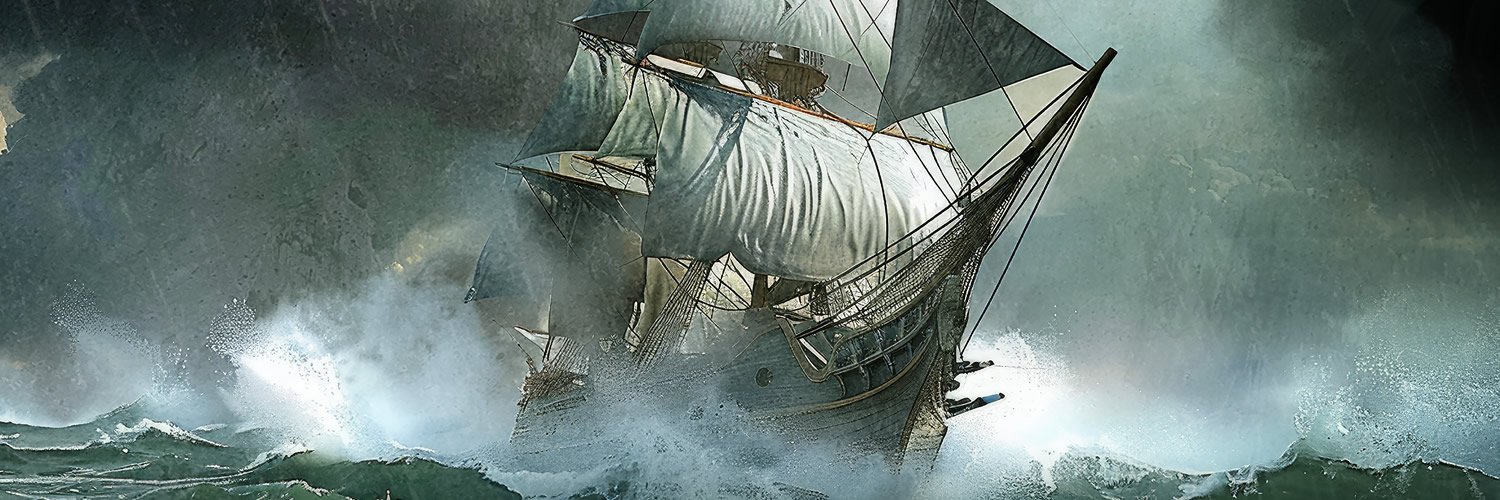If you’ve visited my website, you know that I love finding snippets of history or politics that just don’t add up and then researching, sometimes for years, to understand what might have really taken place. Often the answers aren’t available in the USA, where, like most countries, the powerful dictate written history.
In decades of foreign travel, I found that many countries, especially those who have had their differences with America, keep their own version of history in their museums, archives, and libraries. They aren’t necessarily accurate but offer a different take on incidents and disputes.
With more than one perspective, it’s fascinating to craft a thriller that might just be more accurate than the official version. The covers of my books all begin with flags of the nations that are at the heart of conflict. For example, in The Eel and the Angel, the thriller is based on the technological competition between the US and China. Both nations' flags adorn the cover.
Enemy Patriots is set during WW-II in the North Pacific. The research for the book took me all over the US and into archives left behind in Karafuto which at the time of the story was the most northern of the Japanese provinces. Technology allowed me to actually look at Japanese documents that were seven decades old and get them translated. The cover of the book displays both the American flag and the maritime flag flown by the Japanese navy during the war.
The Opposite of Trust displays the flags of the US and the flag of the former Soviet Union. My research in the Soviet Union and later, after the collapse, Russia, was fascinating. The Russians kept everything, but often the documents told a tale curated by the government. Most, however, left clues on where to find more accurate answers. While in Russia, my constant companion was a French woman who was my translator. Her extraordinary language skills often led to conversations going on in four or five languages simultaneously. She passed away a couple of years ago, a real loss.
Figuring out the cover for Two Civil Wars was a task. The belligerents in the Mexican civil war included the US, The Confederacy, and both Royalist and Juarista factions. Simultaneously, in America's Civil War, Americans were killing each other by the thousands. The flags chosen for the cover were the current Mexican flag and the battle flag of the Confederate States of America. I selected them because the American Civil War was fought over political and policy differences and resulted in a United States; while in Mexico both sides had remarkably similar dreams yet at the war’s end, could not come together.
The cover of my upcoming book, The Shadow Game, includes the flags of the United States and Iran. The late Shah of Iran was propped up by the American CIA who saw the nation falling under Soviet influence. His secret police were hated. But his efforts to drag a feudal nation into the modern world were deeply appreciated by many Iranians. The revolution that created the Islamic State, drove thousands out of the country. Thousands more were killed. The seizure of the American embassy in 1979 locked in place animosity that survives today. It also laid the groundwork for manipulation of the crisis by many parties, assuring it continues.











